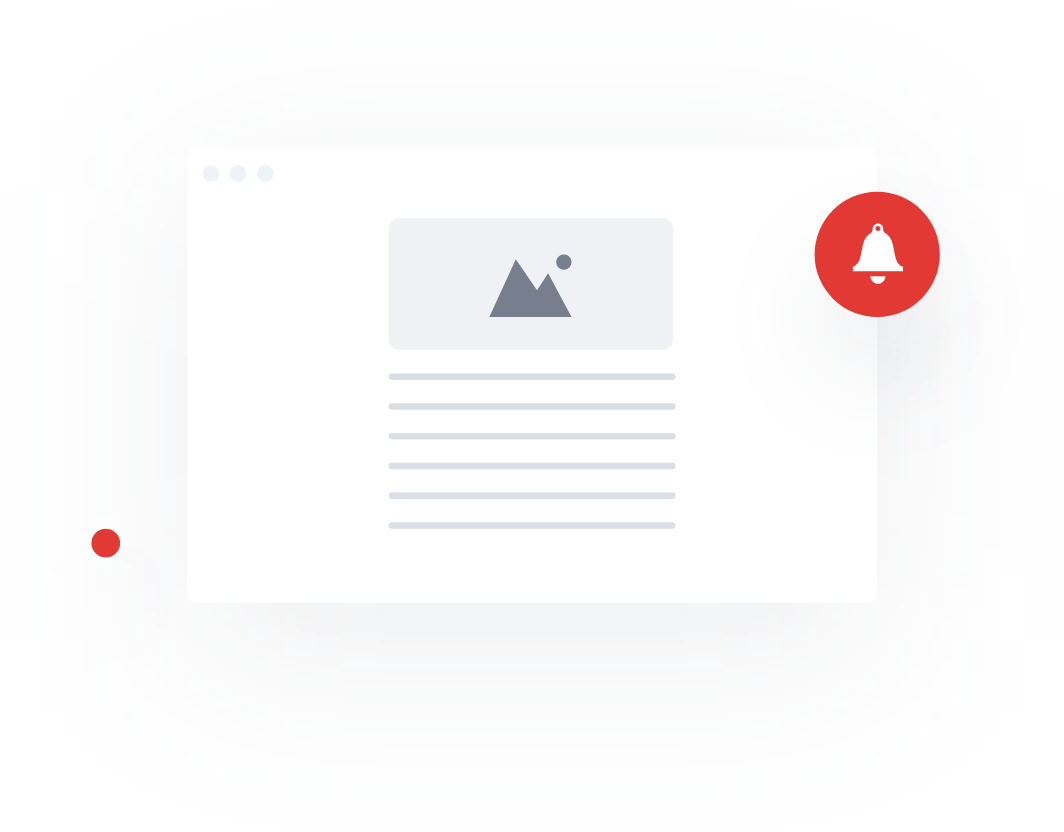Be first to know
Keep up to date with ecommerce news, trends and articles. Brought to you by Stock2Shop.
Sign up todayThe Fourth Industrial Revolution (4IR) is a term given to the ongoing transformation of our society and economy through the integration of digital technologies, artificial intelligence (AI), automation, and other emerging technologies. It builds upon the foundation of the previous three industrial revolutions:
The first industrial revolution, which took place in the late 18th and early 19th centuries, involved mechanisation through the use of water and steam power, leading to the development of factories.
The second industrial revolution, occurring in the late 19th and early 20th centuries, introduced electricity, the assembly line, and mass production, revolutionising industries such as steel, railroads, and telecommunications.
The third industrial revolution, often referred to as the Digital Revolution, emerged in the latter half of the 20th century with the advent of computers, the internet, and information technology. It transformed industries through automation, digitalisation, and the connectivity of systems.
The Fourth Industrial Revolution represents a fusion of technologies that is blurring the lines between the physical, digital, and biological realms. It encompasses advancements in various fields, including AI, robotics, Internet of Things (IoT), blockchain and 3D printing. These technologies are creating new possibilities for industries, disrupting traditional business models, and transforming the way we live and work.
The differences between the Third and Fourth Industrial Revolutions may seem subtle, but they are substantial in the context of eccommerce efficiency and accuracy. Let’s take a look at some examples:
There is, of course, a lot more to this latest phase of technological advancement, but a big part of it is about integrating disparate systems to enable the leveraging of data. The benefits of this new way of thinking to ecommerce are clear. Syncing the various software applications used in running the business (eg the ERP, the warehouse management system, and of course the website) facilitates increased efficiency, greater accuracy and more informed decision making. This, in turn, reduces costs and increases revenue.
Luckily, nothing so dramatic as storming the Bastille is required to harness the power of integration. All you need to do is centralise your vital product and customer data on a suitable ERP or accounting system, and Stock2Shop will help you distribute it to where it needs to go.
Price and stock updates need only be captured in one place, along with customer discount structures and payment terms (in the case of wholesale), and relevant updates are sent to the various places you sell online. Your website; Online marketplaces (such as Amazon and Takealot); Your B2B Trade Store; they are all updated in near real time, and any orders placed on these platforms are funnelled back into your ERP where they can be analysed to inform more accurate supply chain decisions.
Overall, the Fourth Industrial Revolution represents a profound shift in the way businesses operate. It is reshaping traditional industries and giving rise to new business models that make scalability easier and less expensive. Indeed, companies that have long grappled with the perceived costs of integrating are now asking the question, what is the cost of not integrating?
Contact us to find out how you can sync your systems for a more efficient business. Join the revolution!

Keep up to date with ecommerce news, trends and articles. Brought to you by Stock2Shop.
Sign up todayUnderstanding product data is essential for a successful ecommerce business. Here’s an overview of the most important elements of product data you need to understand.
Read MoreCategorising products correctly is a major pain point for many ecommerce websites. Layered navigation is the solution: find out how – and why – to implement it
Read MoreWant to find out exactly how Stock2Shop can make your business more efficient and streamlined?
Contact Us